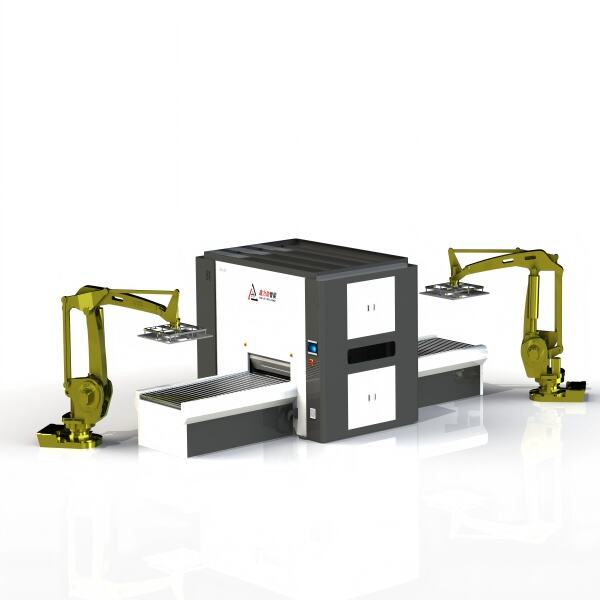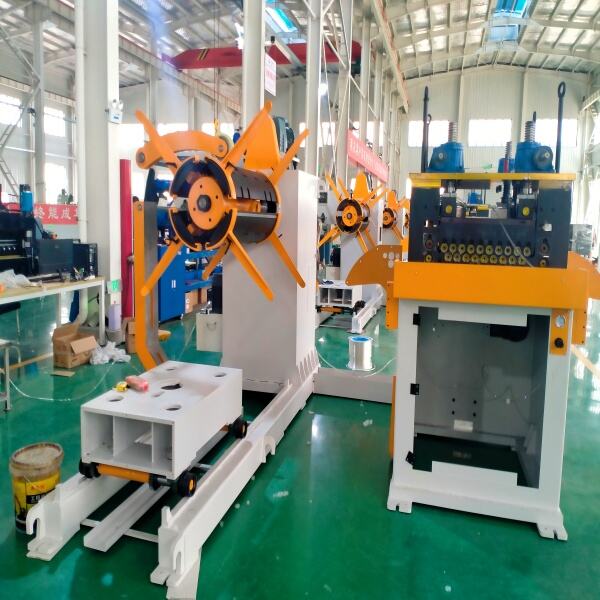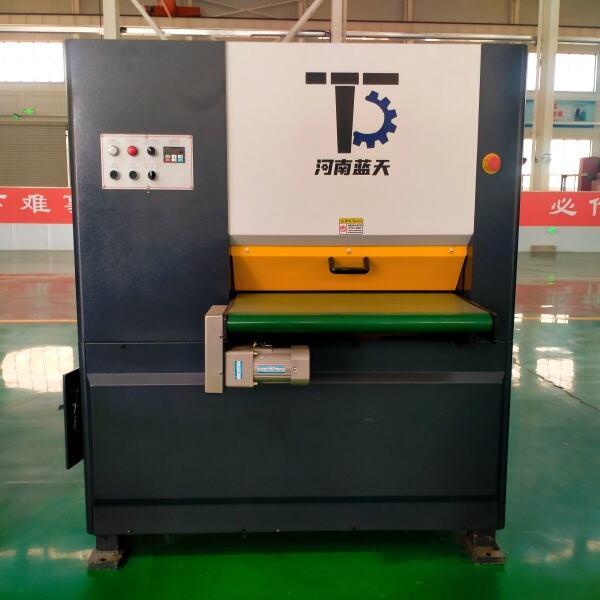leveling machine types
Leveling machines are sophisticated industrial equipment designed to flatten and straighten metal sheets, plates, and coils through a systematic process. These machines primarily fall into three main types: roller leveling machines, tension leveling machines, and stretch leveling machines. Roller leveling machines utilize multiple sets of precisely aligned rollers to apply controlled pressure and bending forces to the material, effectively eliminating waves, buckles, and other surface irregularities. Tension leveling machines operate by applying longitudinal tension to the material while simultaneously subjecting it to repeated bending, resulting in uniform flatness across the entire surface. Stretch leveling machines employ a combination of tension and elongation to permanently alter the material's internal structure, achieving optimal flatness and mechanical properties. Each type incorporates advanced control systems that monitor and adjust processing parameters in real-time, ensuring consistent quality output. These machines find extensive applications across various industries, including automotive manufacturing, construction, aerospace, and metal processing facilities. The technology behind these machines continues to evolve, with modern systems featuring automated material handling, digital control interfaces, and integrated quality monitoring systems that guarantee precise and efficient leveling operations.


